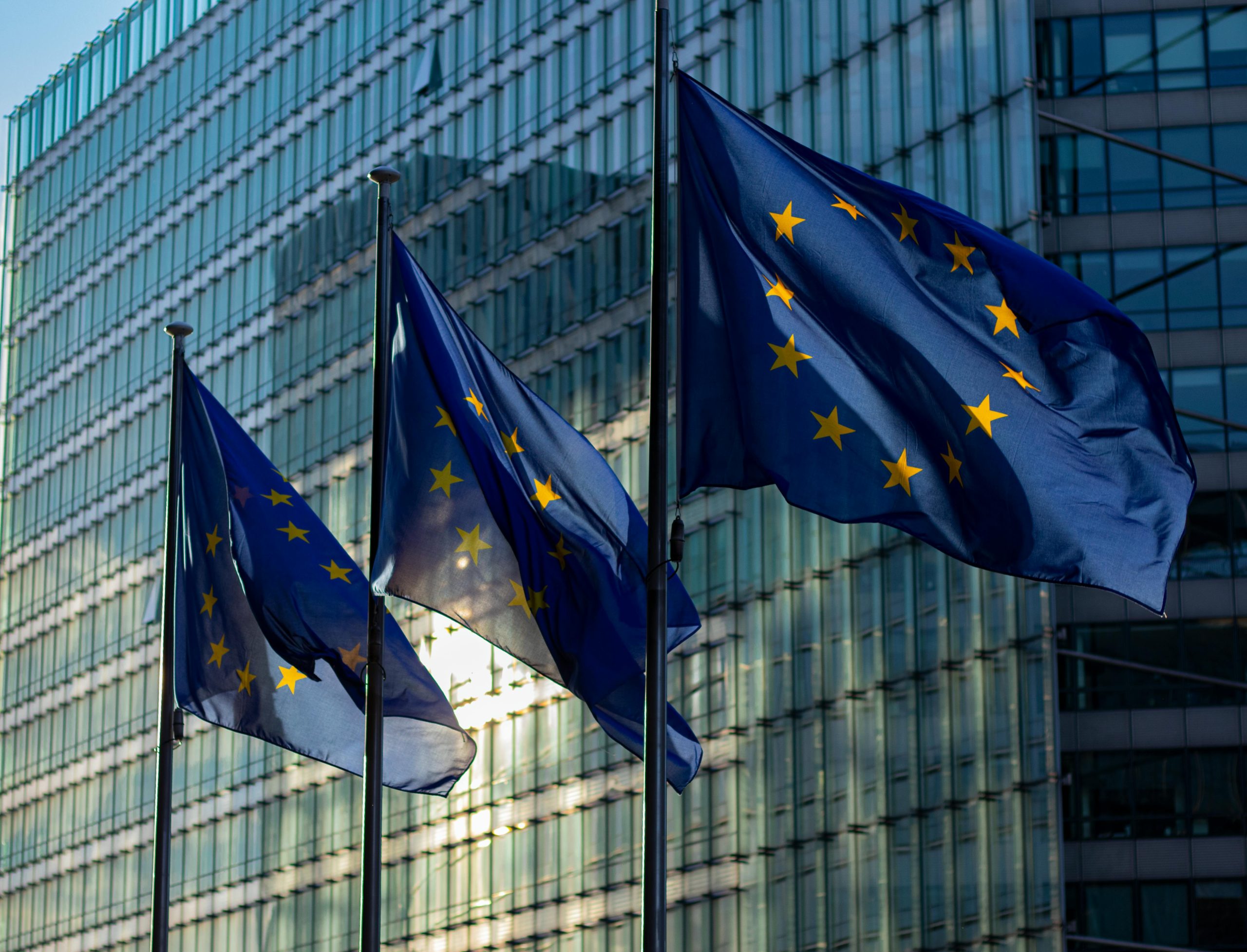For decades, the European model was the envy of the world. It was a promise of balanced prosperity, proving that nations could build robust economies without sacrificing quality of life. From Germany’s engineering might to Italy’s artisanal flair and France’s worker-centric capitalism, it seemed Europe had found the formula for success with a soul.
Today, that formula is failing. The pillars that once supported Europe’s economic dominance are crumbling under the combined weight of global competition, demographic shifts, and geopolitical shocks. The continent’s three largest economies, Germany, Italy, and France, which together account for over half of the EU’s GDP, are facing a critical moment of reckoning. Their individual struggles paint a collective portrait of a continent at a crossroads.
Germany: From Industrial Powerhouse to Industrial Crossroads
Germany’s post-war economic miracle was built on a foundation of industrial supremacy. It combined elite engineering with cheap Russian energy to create a manufacturing juggernaut, commanding premium prices for everything from luxury cars to heavy machinery. The “Made in Germany” label was a global symbol of precision and reliability.
That long-held advantage is now evaporating. The core pillars of Germany’s success have been kicked out from under it.
- The Energy Shock: The severing of cheap natural gas from Russia has sent production costs soaring across energy-intensive industries, eroding competitiveness.
- The Demographic Time Bomb: Germany’s highly skilled workforce is aging rapidly. Generous retirement benefits are accelerating an exodus from the labor market, leaving over 750,000 skilled positions unfilled. The country also struggles to attract high-skilled migrants, who often prefer English-speaking nations with less bureaucracy.
- The Rise of Competitors: The technological gap has closed. Chinese manufacturers, once seen as mere imitators, now produce advanced cars, batteries, and machinery that directly rival German quality. In a stark illustration of this shift, more BMWs are now produced in China than in Germany.
However, this decline may signal an evolution rather than a collapse. Germany could be transitioning from an economy that makes things to one that designs and brandsthem, outsourcing production while retaining the high-value intellectual property, much like the United States did decades ago. The critical challenge is navigating this shift without dismantling the social contract that has long been the bedrock of German society.
Italy: Trapped in a Lost Decade
Italy’s economic history is a dizzying cycle of boom and bust. Since the Second World War, periods of explosive growth have been followed by deep stagnation, then recovery, then stagnation again. The current downturn, however, which started with the 2008 financial crisis, is the longest and most persistent in its modern history.
The nation’s economic malaise is rooted in deep structural problems that have proven stubbornly resistant to reform.
- A Cottage-Industry Economy: Italy is dominated by small, family-run businesses with an average of just 3.6 employees (compared to 15 in Western Europe). While this preserves a culture of artisanal quality, it stifles productivity, investment, and the adoption of new technology.
- A Persistent Brain Drain: The country’s brightest young minds are leaving in droves for higher wages and better career opportunities in Germany, France, and beyond.
- A Shadow Economy: For those who remain, a lack of legitimate opportunities pushes many into the informal sector. Italy’s black market still accounts for a staggering 12% of its GDP, an outlier among developed nations.
- A Nation Divided: The deep economic chasm between the prosperous North and the struggling South creates social tension and makes cohesive national economic policy nearly impossible.
France: The Impossible Choice Between Identity and Competitiveness
Of the three, France faces the most profound philosophical crisis. The French model, known as dirigisme, has long prioritized worker welfare, mandating shorter work weeks, generous retirement ages, and robust job protections. For generations, this state-guided system delivered both prosperity and an enviable quality of life.
Now, this cherished social contract is becoming unsustainable. As France’s population ages, a smaller working-age population must support a growing number of retirees, demanding huge gains in productivity. Yet, the nation’s high taxes and regulated labor market are driving its most skilled young workers abroad, further shrinking the economic base.
This has cornered the French government into an impossible dilemma:
- Option 1: Preserve the social model. This requires maintaining or increasing taxes, which would accelerate the flight of talent and capital, further eroding the country’s competitiveness.
- Option 2: Dismantle worker protections. This would mean abandoning a core tenet of French national identity and betraying the social contract that citizens hold dear.
The result is a slow, grinding compromise that satisfies no one and gradually weakens France’s position on the global stage.
A New Reality for the Developed World
The struggles of Germany, Italy, and France are not isolated incidents. They represent a broader challenge confronting the entire developed world: How do you maintain prosperity when your population is aging and global competitors can match your quality at a lower cost?
The strategies that guaranteed success in the 20th century, a skilled workforce, a sterling reputation, and social stability, are no longer enough. What makes Europe’s situation so poignant is that these nations wrote the playbook for modern, humane capitalism. They proved that industrial might could fund a generous welfare state and that economic success did not have to come at the expense of national character.
Now, they are discovering that even the best models have an expiration date. The question is not whether these countries will adapt, they have no choice. The real uncertainty is whether they can transform themselves without losing the very values that made them worth emulating in the first place. Their journey will define the future not only of Europe but of advanced democracies everywhere.
Read our full Report Disclaimer.
Report Disclaimer
This report is provided for informational purposes only and does not constitute financial, legal, or investment advice. The views expressed are those of Bretalon Ltd and are based on information believed to be reliable at the time of publication. Past performance is not indicative of future results. Recipients should conduct their own due diligence before making any decisions based on this material. For full terms, see our Report Disclaimer.

